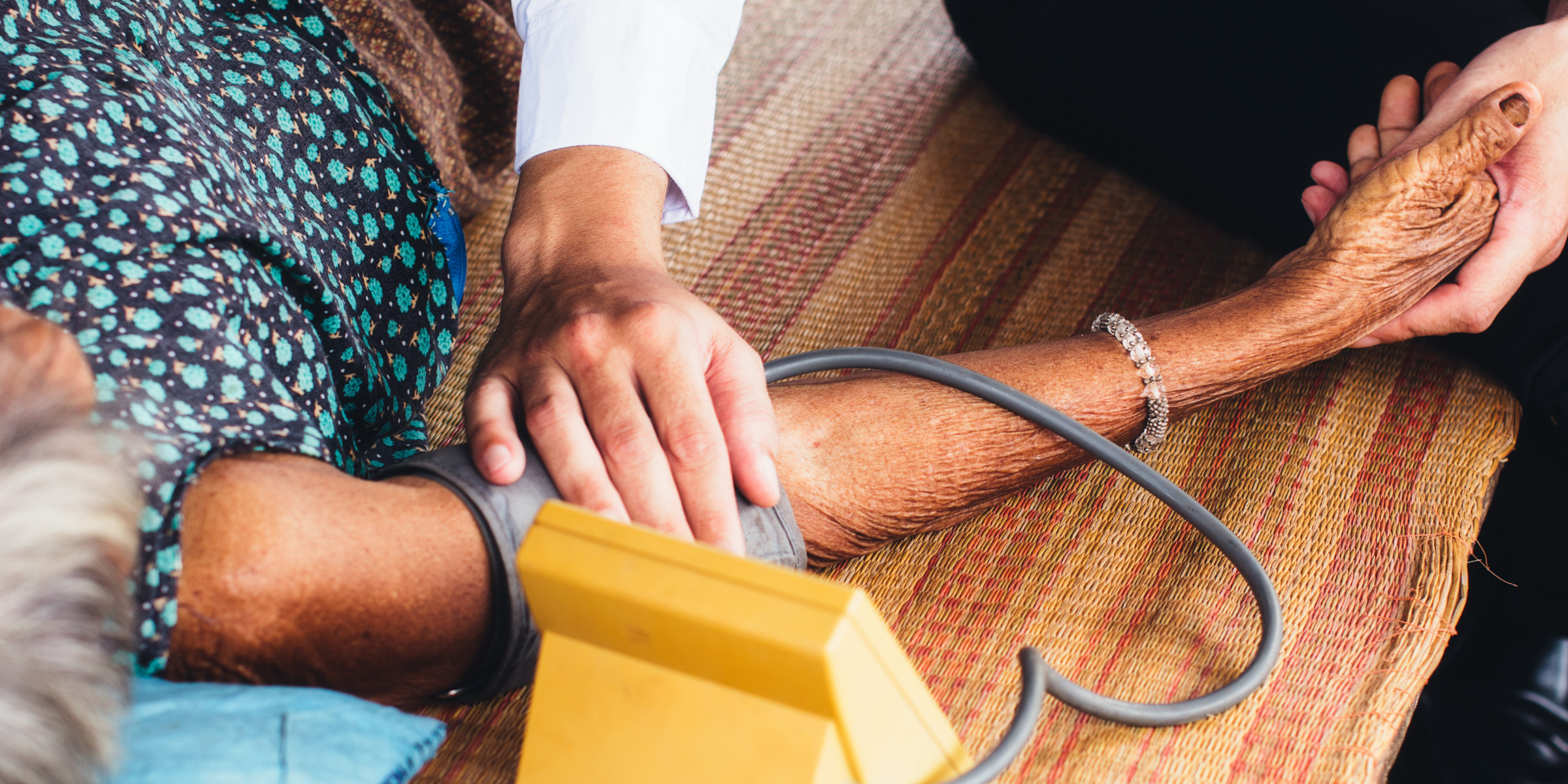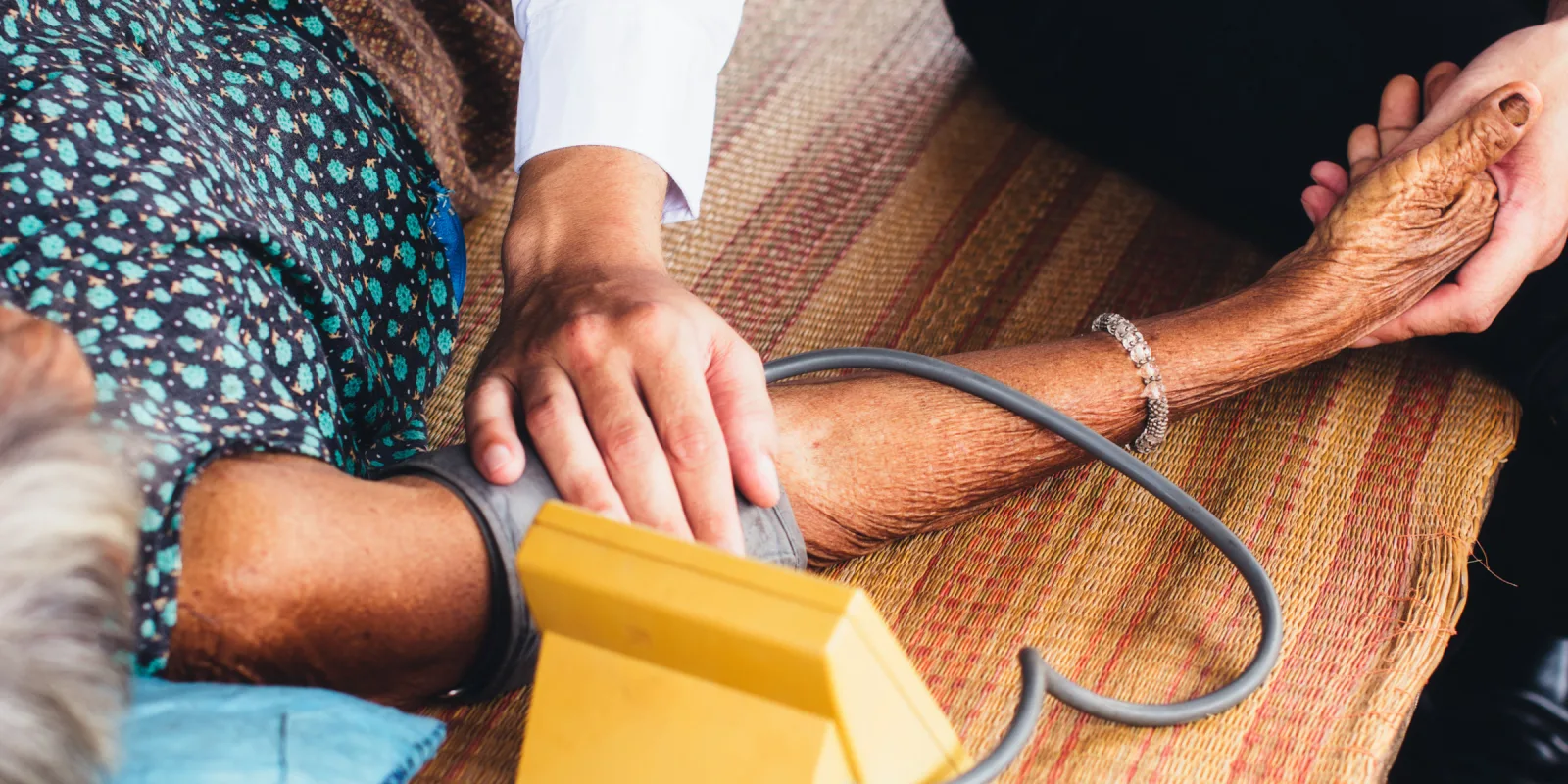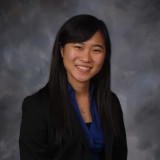
I held my breath as I listened for the beat.
Boom, boom.
There it was; or was that the sound of my own heart?
The first blood pressure I took on a real patient was in the Dominican Republic. Beforehand, I had practiced on classmates and family members. But here in front of me, a man was sitting, eagerly waiting to know his blood pressure numbers. As a first-year medical student, I had decided to go to the Dominican Republic during my spring break with a group from my school. We were visiting a batey, or “neighborhood” where Haitian sugar cane workers lived. People living on the bateys had limited access to health care due to various reasons, including lack of documentation, transportation, and health insurance. While international medical groups visit these bateys, there is not a clear schedule of when the next point of care will be.
The man was sitting under a shady tree, with some of his friends nearby. My preceptor, another first-year medical student, and the interpreter were also watching me. Could he feel my hands shaking as I held the sphygmomanometer?
Hypertension, known as the “silent killer,” is a leading cause of morbidity and mortality in patients around the world. However, chronic conditions such as hypertension are difficult to manage in settings where access to health care is unpredictable. Even if patients know they have high blood pressure, they do not have access to a stable source of medications. The picture is further complicated as international medical groups visit sporadically and give out medications, leaving patients with a variety of pills with different doses.
I looked at the man again, and I told him he had high blood pressure. The look on his face said it all: he was worried. He knew full well the consequences of uncontrolled hypertension, as he had seen some of his neighbors suffer consequences from this “silent killer.” We asked him if he had been diagnosed with high blood pressure previously. He said yes, but that he had run out of medications.
I was grateful for my medical school’s partnership with a local non-governmental organization (NGO) that was committed to providing hypertension care even after we left. After all, we were only there for one week, which was not sufficient time to successfully manage a chronic condition. The goal of providing sustainable global health care has led our school to constantly evaluate and change the way that we partner with the Dominican Republic bateys. On this trip, we did not bring our own antihypertensive medications because we wanted the patients to rely on the local NGO. It felt uncomfortable to tell the patient that he had high blood pressure, and in addition, our team could not do anything about it. He had to wait for the NGO to come later in the afternoon, sign up for their program, and get his needed medication from them.
There is a need for more sustainable models for global health, especially as the prevalence of chronic diseases increases. Partnering with local health professionals and organizations is essential for ensuring longitudinal care to those who may not have access to it otherwise. We as international medical providers must realize that we alone cannot provide the needed care. It takes humility, trust, communication, and mutual partnership to care for these vulnerable populations.
Later in the afternoon, I saw the man whose blood pressure I had taken in the morning. He was smiling, and I asked him in Spanish if he had gotten his medications. He said yes and showed me his medication bottle. My experience on this trip made me realize the complexity of providing longitudinal care in a global health setting. At the same time, seeing this man get his medications gave me hope that potential solutions do exist.
Lauren Nguyen, MS, is a second year medical student at the University of Massachusetts Medical School. She has a passion for global health and hopes to improve access to health care on a global scale.







